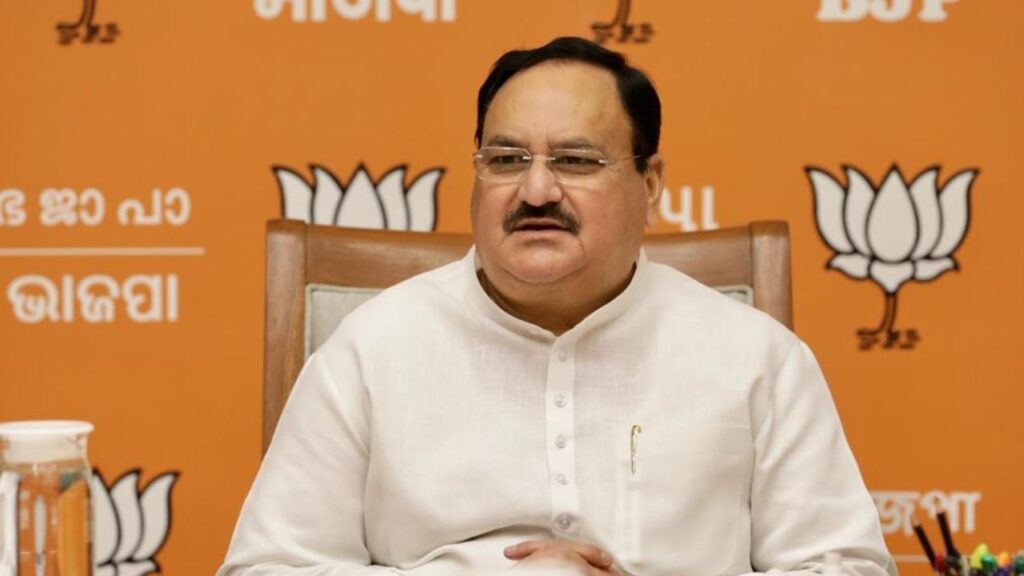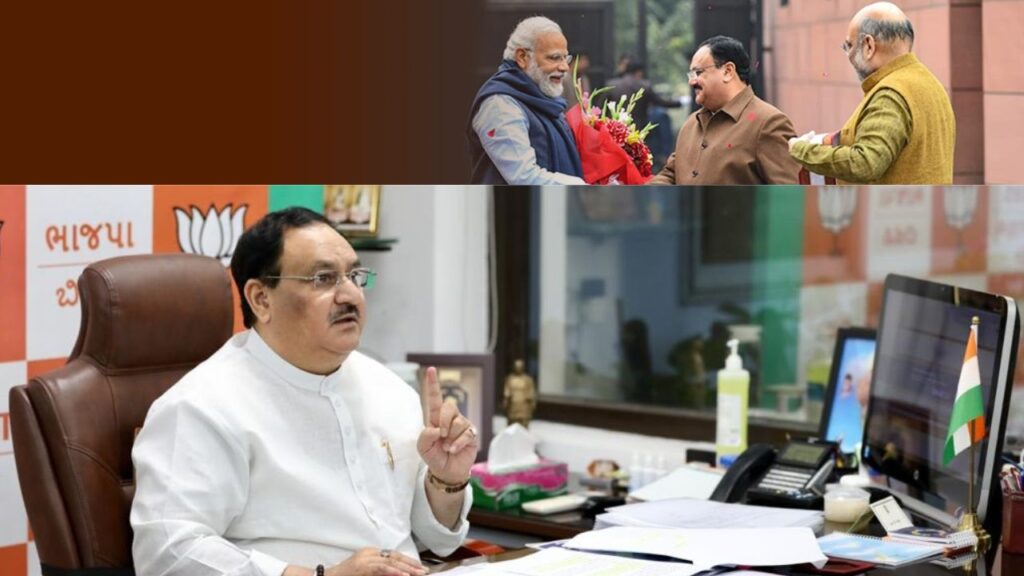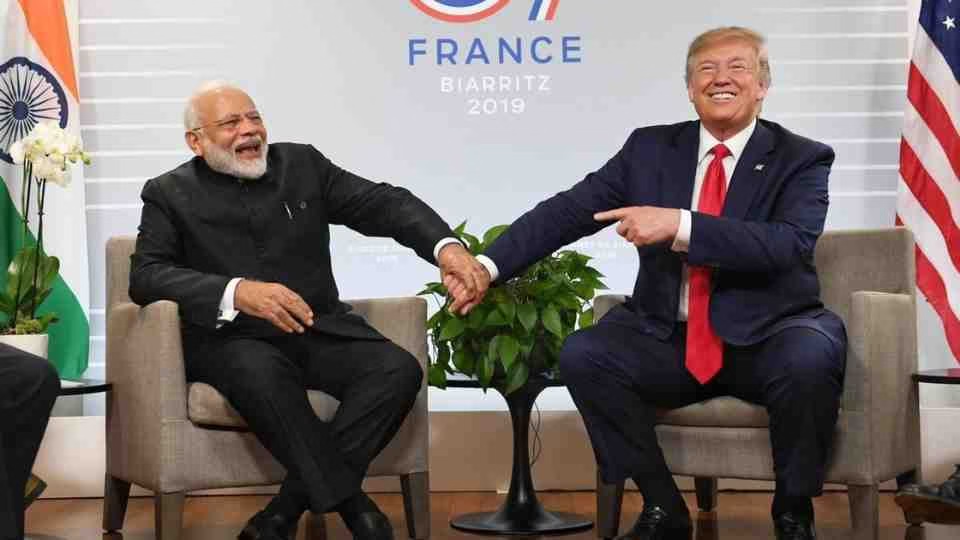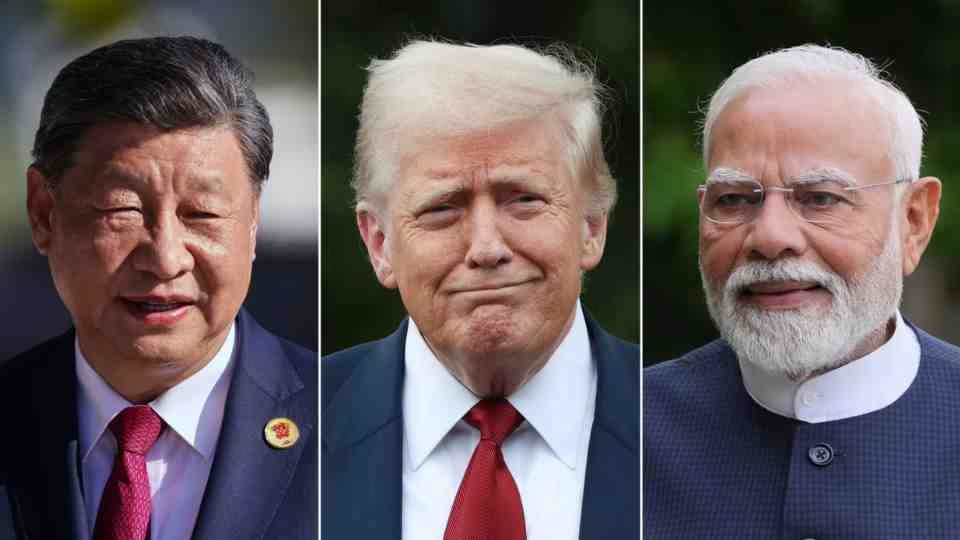Election Process Underway for September 9 Poll
India will elect its 17th Vice President on September 9, 2025, following the resignation of Jagdeep Dhankhar due to health concerns. The Election Commission has initiated the nomination process, with nominations closing on August 21 and scrutiny scheduled for August 22.
Dhankhar’s resignation letter stated: “To prioritise health care and abide by medical advice, I hereby resign as the Vice President of India, effective immediately, in accordance with Article 67(a) of the constitution.” He resigned in July 2025, two years before the end of his five-year term.
NDA Given Authority to Select Candidate
The National Democratic Alliance (NDA) has authorized Prime Minister Narendra Modi and Bharatiya Janata Party (BJP) president JP Nadda to choose the ruling bloc’s candidate for the election. This decision reflects the coalition’s unified approach to the selection process.

Potential Frontrunners Emerge
While no official announcement has been made, several names are circulating as potential candidates:
Harivansh Singh leads the speculation as a frontrunner. The Janata Dal (United) MP has served as Rajya Sabha Deputy Chairman since 2020, bringing significant parliamentary experience to his candidacy. His position within the NDA alliance makes him a natural choice for consideration.
Gujarat Governor has also been mentioned among the potential candidates, though specific details about this candidacy remain under discussion within party circles.
The vice president serves as Chairman of the Rajya Sabha and holds the second-highest constitutional office in India. The electoral college consists of members of both houses of Parliament, making this a significant political appointment that will shape India’s constitutional leadership for the coming years.
The sudden vacancy has created an unprecedented mid-term election, making the selection process particularly noteworthy in Indian political history.






